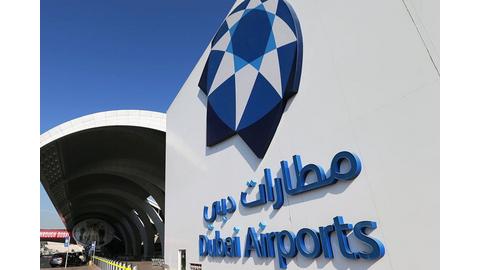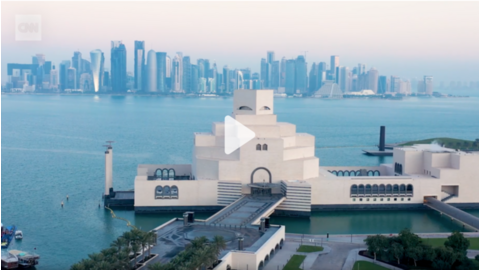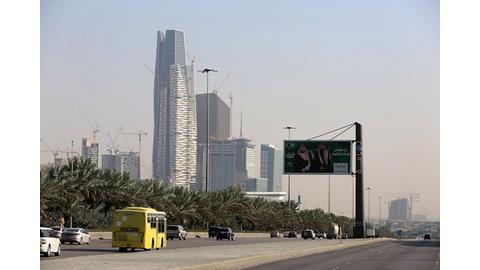Energy investments in Mena region expected to surge 9pc

MANAMA: Energy investments in the Mena region are expected to increase by nine per cent to exceed $879 billion over the next five years, a $74bn increase from its $805bn estimate last year, according to Arab Petroleum Investments Corporation (Apicorp).
The multilateral financial institution in which Bahrain owns 3pc stake released its Mena Energy Investment Outlook 2022-2026 noting that the Russia-Ukraine war has led to contrasting impacts on the region’s energy landscape.
The report finds that net-energy exporters are spearheading the increase in project expenditure thanks to the windfall of oil and gas revenues caused by the spike in prices driven by the war.
However, global geopolitical volatility and macro headwinds are not curtailing oil, gas, power and petrochemicals investment growth in Mena for the upcoming five years.
In the GCC, committed projects comprise around 45pc of total energy investments, 50pc higher than the Mena-wide average of 30pc.
Ramy Al Ashmawy, senior energy specialist at Apicorp, said, “Our latest outlook shows that the region continues to progress in its unique energy transition path. Namely, Mena countries shoulder the largest share of global investments in oil and gas going forward to ensure global energy security and avoid an impending super cycle that may severely hamper the world economy.
“At the same time, the region continues to invest in decarbonisation, renewables and clean energy as part of the long-term strategic vision for a low-carbon future underpinned by a greener, more balanced, and sustainable energy mix.”
Apicorp’s analysis shows that right across the region, blue and green hydrogen will dominate the emerging hydrogen markets in the near term.
The report forecasts that hydrogen markets will start scaling up as the market foundations are established, and for the Mena region, GCC and North Africa specifically, the focus will be on exporting low-carbon hydrogen to demand centres in Europe and SE Asia via ammonia shipments.
Energy diversification is at the top of the agenda, with several Mena countries integrating renewables in their generation mix as part of a shared policy objective to diversify the power mix with low-cost, low-carbon energy sources and bolster power supply security.
Although few Mena countries have already pledged their net-zero targets (the UAE by 2050 and Saudi Arabia and Bahrain by 2060), electrification via renewable energy sources will be a key driver to reach those targets. However, due to the intermittency of renewable energy sources and the lack of utility-scale grid storage solutions to date, conventional fuels and nuclear will remain essential in the power supply mix.
Apicorp’s analysis points out that oil and gas companies are facing tighter financing conditions and addressing evolving regulatory frameworks while trying to contribute to socio-economic development and the provision of affordable energy. Consequently, Mena governments continue to shoulder the main portion of hydrocarbon investments going forward to ensure the security of supply.
Mena equity markets in 2021 witnessed the return to healthy deal flow volumes in both conventional and renewable energy, given the region’s dual approach to the energy transition. It is expected that the strong regional privatisation drive will continue in 2022, with increased PPPs and IPOs unlocking value from world-class hydrocarbon assets while targeting synergies through PPPs.
Source: https://www.gdnonline.com/Details/1115121/Energy-investments-in-Mena-region-expected-to-surge-9pc


